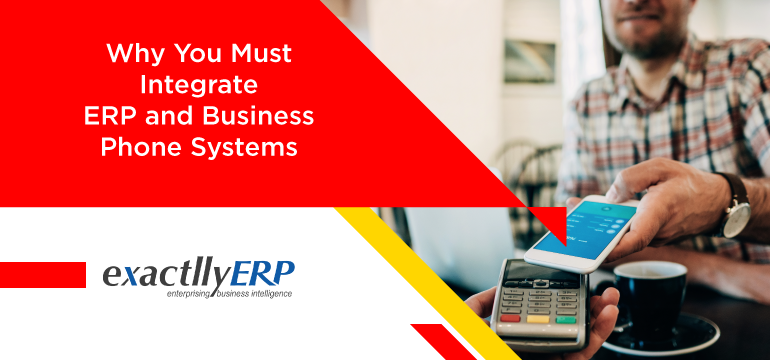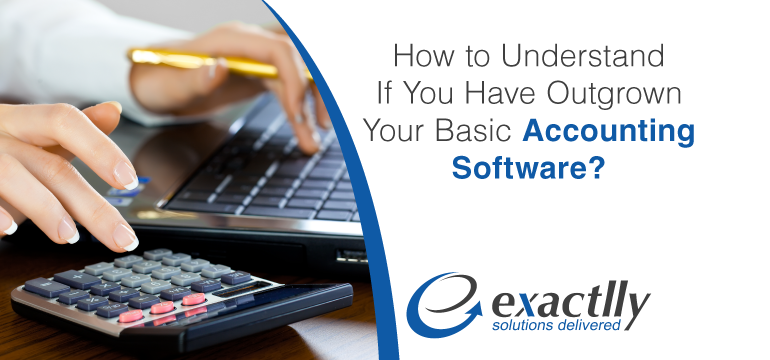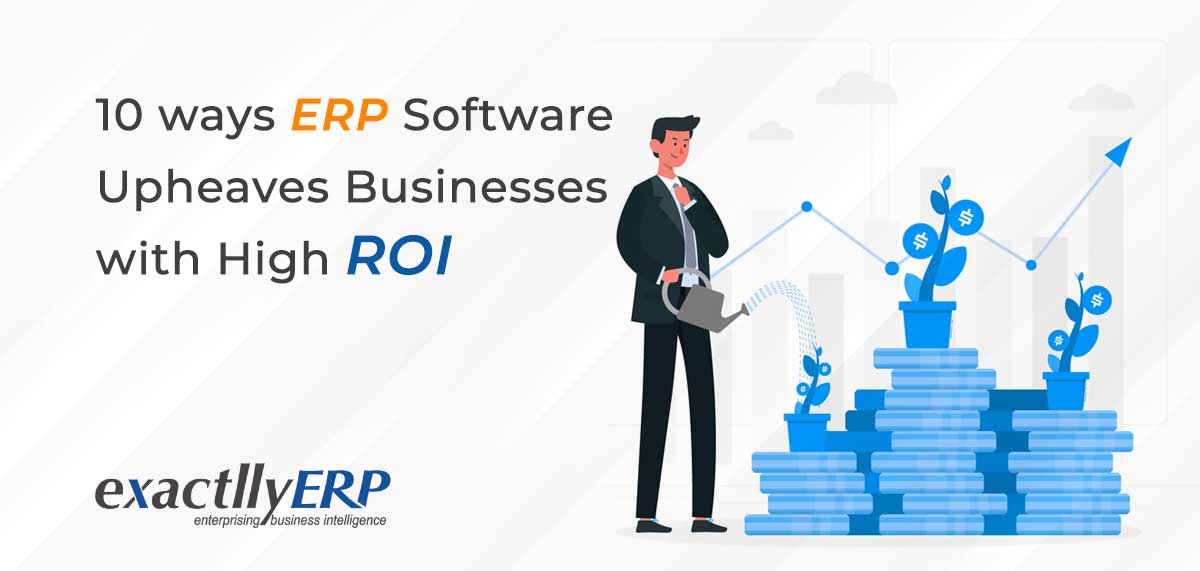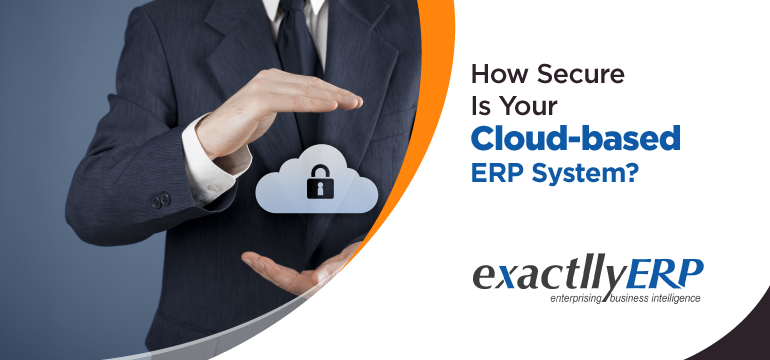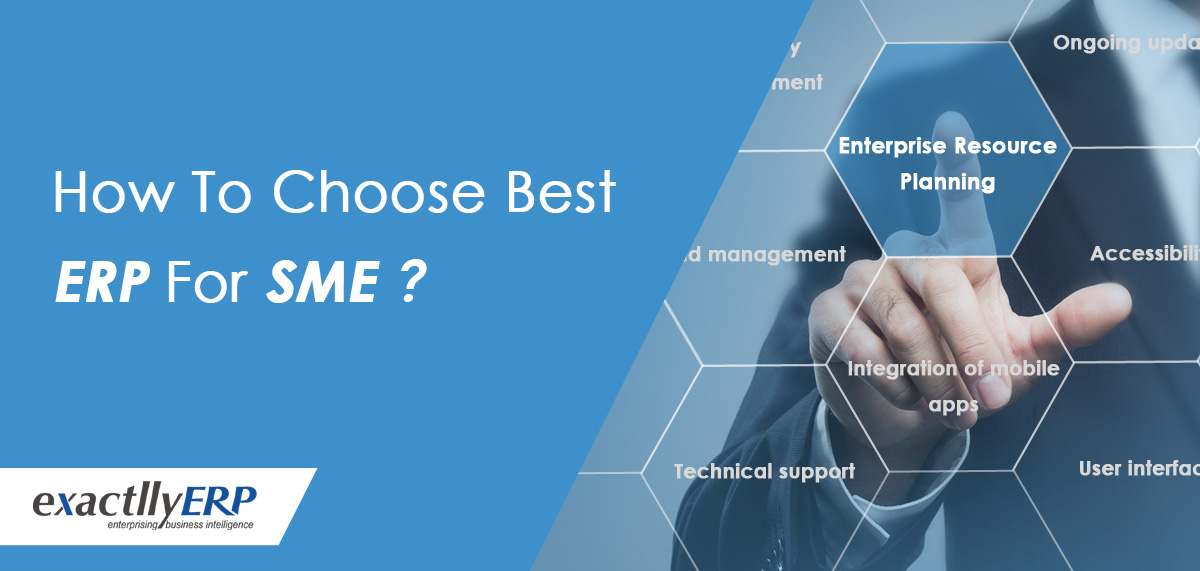10 Tips to Create a Mobile ERP Strategy

Mobile ERP
In a world that is accustomed to taking data anywhere and accessing it from any corner of the globe, mobile ERP couldn’t have stayed behind for a very long time. Rightfully so, it is one of the key buzzwords in enterprise conversations. Mobile ERP allows its users to streamline processes in real-time and eliminate gaps without having to run to the office desktop.
Mobile ERP is going to become the next Buzzword among Enterprises:
By increasing the connectedness and ameliorating the speed of business, ERP is slowly but surely going mobile. Whether it is a salesman being able to walk around the store and help customers, while carefully entering details into his work tablet or the marketing professional who chases leads on the go across towns and countries, mobile ERP holds the kind of promise that no one could have dreamed just a few years ago. Yet, strategizing ERP is equally important.
Adopting run-of-the-mill ERP solutions could cause a serious breakdown within your business processes. Speaking to a professional ERP consultant, understanding how mobile ERP works and devising a mobile ERP strategy that works for you, your employees and your clients/customers will help you to achieve success.
In this article, let us take a look at 10 tips that will help you to create a mobile ERP strategy.
-
Plan for the Device –
When it comes to strategizing for mobile ERP, you must know what kind of mobile devices you are going to be using. Firstly, it is always better to have a uniformity of devices when it comes to your employees. However, if you are unable to do so or if you are unwilling to do so by adopting a BYOD (Bring Your Own Device), at least have the IT specialists recommend a few devices with certain minimum processing capabilities.
Both tablets and Smartphones have different processing powers and they connect to the Internet in a different way than traditional laptops and desktops. Laptops and desktops come with more processing power as well, and thus, your mobile ERP must be light enough to run without being sluggish on a smartphone or tablet. Also, do not expect to do heavy data mining on a smartphone or tablet. You must define the functionality you are trying to achieve.
-
Make it Easy to Use –
When it comes to mobile ERP, research often shows that employees abandon using their mobile ERP apps if they find them difficult to use. If the user interface is difficult or if it is bothersome, employees may not use it as often as you would like them to. Thus, user experience should be a central priority when it comes to mobile ERP strategy.
-
Native Applications or Web Apps?
It is often better to use native applications that are installed on a smartphone or tablet. They can be customized and built from scratch to enable direct interaction between the device and back-end guys. It can process a lot more than a web app. However, native apps require a lot more coding and development than web app. A web app, on the other hand, is easy to create but it depends on Internet speed and a host of other conditions, which make it less favourable.
-
Which Form Factor should you Prioritize?
There are basically two kinds of mobile devices: smartphones and tablets. Tablets can handle more data and have larger screens. Smartphones are easier to carry around and have much smaller screens. The growing trend of larger screens and phablets may blur the lines between tablets and smartphones but we must still take the form factor into consideration. If you are going to make presentations using an ERP interface, it is probably easier to do it on a tablet than a smartphone. You need to know how you will use these devices.
-
What about Connectivity?
You need to know how much information can be saved within an application for offline usage, as certain areas may not have adequate cellular or broadband coverage. When your employees contact clients and consumers in remote areas physically, they may need certain aspects of your mobile ERP available offline on their mobile device. This is something to bear in mind.
-
Who is going to use Mobile ERP?
One of the most important strategies is to give ERP access to those who will actually use it. Sales people, workers on the production line and others are more mobile than others. They will probably need to be given mobile ERP solutions on a priority basis.
-
Mobile OS –
There are a number of mobile operating systems today; the most important ones being Apple’s iOS, Google’s Android and Microsoft’s Windows Mobile. If you are going to sponsor the devices to your employees, choose the one that you are most comfortable using. If you have a BYOD policy, speak to ERP consultants about how to make the experience uniform across mobile platforms.
-
Are you going to develop it Externally or Internally?
This is a big decision for many companies to make. Those who have a specialized mobile strategy could develop apps themselves, in-house. However, most of our clients are not able to do them themselves. Moreover, it is important to develop applications in tandem with ERP vendors. That way, there will be uniformity and one can avoid unnecessary hurdles. Always seek the advice of your ERP vendor when it comes to app development. They probably already have mobile app solutions.
-
How Secure is your data?
Of all the strategies mentioned here, this is probably the most important. You need to be sure that none of your critical data leaks out from the devices your employees use. Understand the risks associated with connecting over untrusted Internet connections and also when companies quit jobs with their mobile devices still with them. You need to consider these risks and threats to security before implementing mobile ERP.
-
Involve your Employees –
When it comes to mobile ERP, you need to remember that it is your employees who will use it the most. They need to feel comfortable using it and working on it. With that in mind, speak to your employees if they need changes in existing mobile ERP and if you feel they make sense, get your developers to make those changes.
Final Thoughts:
Mobile ERP is still in a nascent stage but it is becoming the next big thing in the world of enterprise. Companies have increasingly begun to rely upon mobile devices and mobile employees who are always on the go. There is also an increased necessity to be inter-connected, no matter where one is and what time it is. Thus, it is only natural that ERP will go the mobile way. Whether you already have an existing ERP or not, it is time to start strategizing your mobile ERP implementation. exactllyERP is one of the best ERP Software providers. Feel free to Contact Us and get a Free Demo.

